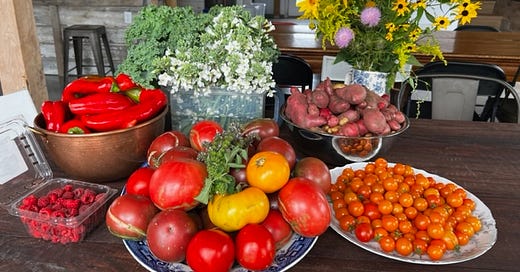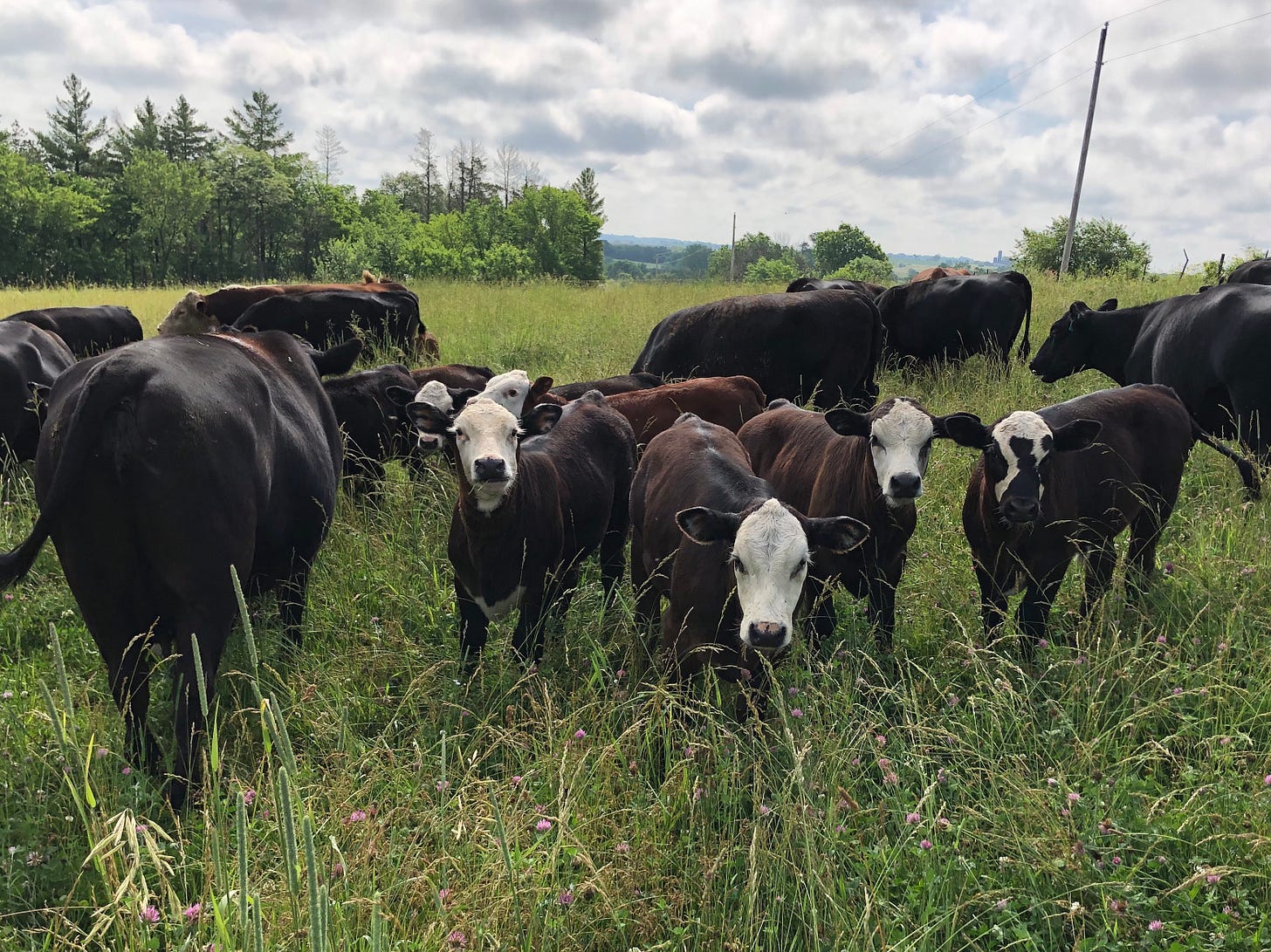I’ve never thought much about Denmark. It’s one of those countries that seems to do everything right, where people are super happy. They have great, free health care and all their furniture looks cool. But beyond that, I didn’t give Denmark much thought.
Until now that is. Somehow I just got the memo about a 20-year-old project in Denmark to change what people eat.
As the story goes, way back in 2004, the food in Denmark was terrible. People raised their kids on frozen foods and sodas. And while there were a few good restaurants in Copenhagen, by and large, the rest of Europe considered the Danish restaurant industry to be a joke.
But then, a few chefs began to think about how they could put Danish food on the map. As a region based in agriculture, surrounded by seas, and with mushrooms and wild plants galore, how could they get the population to appreciate the heightened gastronomy Denmark and neighboring countries could offer?
They brought together 12 chefs from around the region and created what’s now known as the New Nordic Food Manifesto. The manifesto has 10 points to it:
The aims of the New Nordic Kitchen are:
To express the purity, freshness, simplicity and ethics we wish to associate to our region. (Italics added)
To reflect the changes of the seasons in the meals we make.
To base our cooking on ingredients and produce whose characteristics are particular to our climates, landscapes, and waters.
To combine the demand for good taste with modern knowledge of health and well-being.
To promote Nordic products and the variety of Nordic producers - and to spread the word about their underlying cultures.
To promote animal welfare and a sound production process in our seas, on our farmland and in the wild.
To develop potentially new applications of traditional Nordic food products.
To combine the best in Nordic cookery and culinary traditions with impulses from abroad.
To combine local self-sufficiency with regional sharing of high-quality products.
To join forces with consumer representatives, other cooking craftsmen, agriculture, fishing, food, retail and wholesale industries, researchers, teachers, politicians and authorities on this project for the benefit and advantage of everyone in the Nordic countries.
A food movement was born. Now 20 years later, Denmark has 26 restaurants with Michelin stars, one of the highest accolades for restaurants in the world.
Interesting Beth. But so what?
If you are someone who cares about how food is grown in Iowa, who wants to improve farming practices so they are more environmentally friendly and better for our bodies—you know it’s been an uphill battle.
Growing corn and beans is a habit that runs deep. It is part of the culture in Iowa, a part of people’s lives like going to church or drinking Mountain Dew. And because of that it is an incredibly difficult to ask people to change their farming practices.
In other words, the only way we can really change agriculture is if the culture around the food we eat leads the charge. If people experience the exceptional taste of a pasture-raised pork chop or the snap of broccoli picked that morning—only then will they begin to search it out for themselves.
And if the people who live in our bigger towns and cities where the bulk of the population resides—Des Moines, Iowa City, Waterloo, etc.—decide fresh, tasty and healthy is more important than cheap, bland and of questionable food value, then a new branch of agriculture in Iowa will arise to serve the need.
We already have many wonderful restaurants across Iowa, led by thoughtful, driven chefs. And restaurants are excellent outlets for smaller farms, connecting the top-quality food they produce with customers in the region. But we don’t often think of these gems for the great potential they have to transform the food culture in the Midwest.
I love the first principle of the Nordic Manifesto: “To express the purity, freshness, simplicity and ethics we wish to associate to our region.” (My italics added). What agricultural practices, flavors, traditions, and ethics do we want associated with Iowa’s agriculture? Do we want to continue to be known for only GMO corn and beans and hog confinement units?
I have a lot more to learn about how the New Nordic Manifesto works, about how they got people to buy in and how the movement spread. How did chefs get people to accept paying more for food, and how has the government supported the change?
But what I do know is that Iowa is also now poised for change. We have the small-scale farms, the food hubs, the interested customers and the buzz around good food.
It feels like it is time for us to create our own “New Manifesto”—one to highlight our region’s world-class soils, ample rains, and wild plants; to let the world know that we don’t only grow inexpensive commodities to feed to animals and our cars. We have the capacity to grow high quality, specialty foods, the kind the world is looking for.
The Iowa Writer’s Collaborative = great writing, interesting ideas, and experienced journalists. Sign up for our Round Up, and have it waiting in your inbox by the time the coffee is ready Sunday morning.







“To express the purity, freshness, simplicity and ethics we wish to associate to our region.”
Great ethic to top this food manifesto! My biggest wish, however, is that this wasn’t mostly the domain of Michelin starred or high-end restaurants, but also of the everyday places we could all could afford to eat. Happily, however, farmers like you make it possible to bring that ethic home for a reasonable price.
Leave it to the Danes to go all in for the long haul toward a better life. We can do this, too, thanks to the prodding and leadership of Beth and John, and many others.
It's election time and we should all be asking our candidates hard questions about what they will do to ensure that what we ingest is the best for us and for future generations. (As a start, let's replace proposals to daily sing the national anthem and pledge our allegiance, with recommendations to teach about nutritional health.)